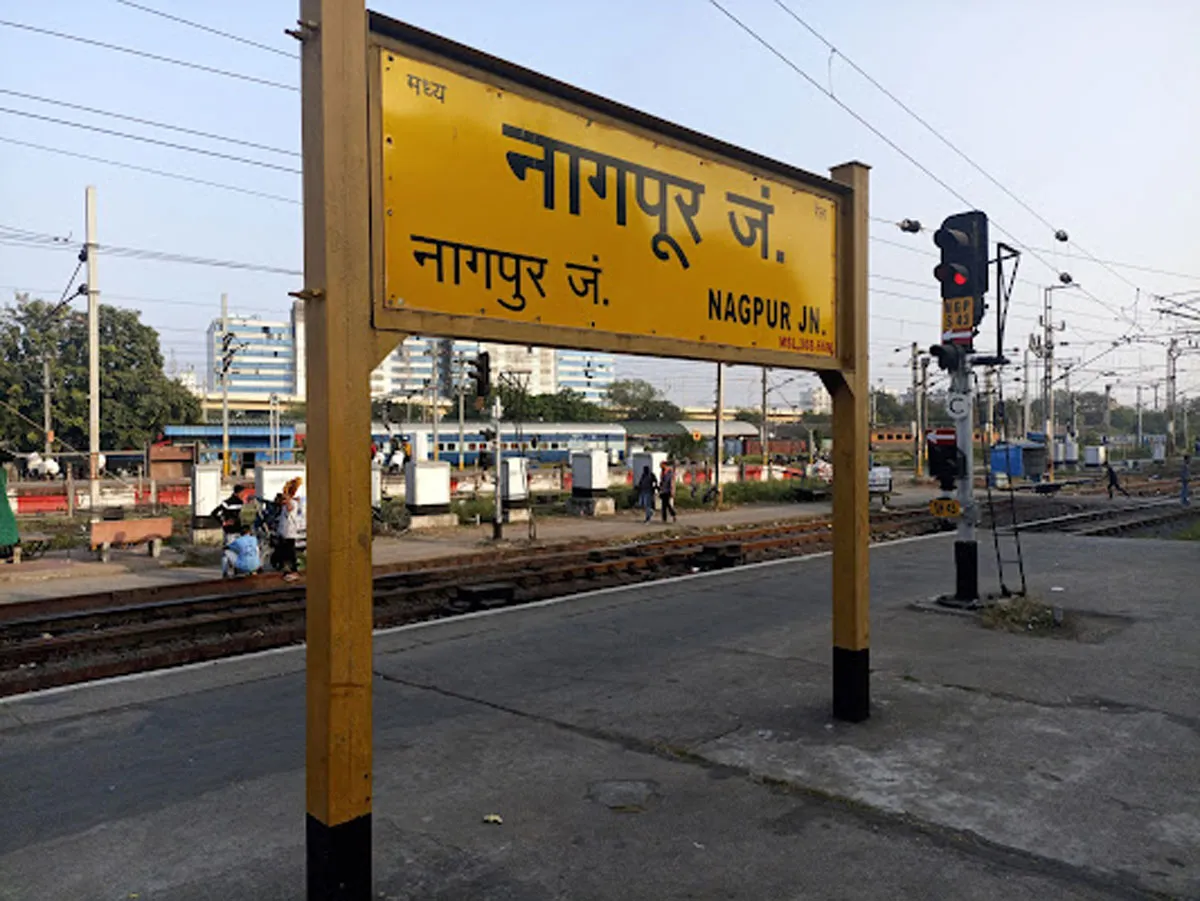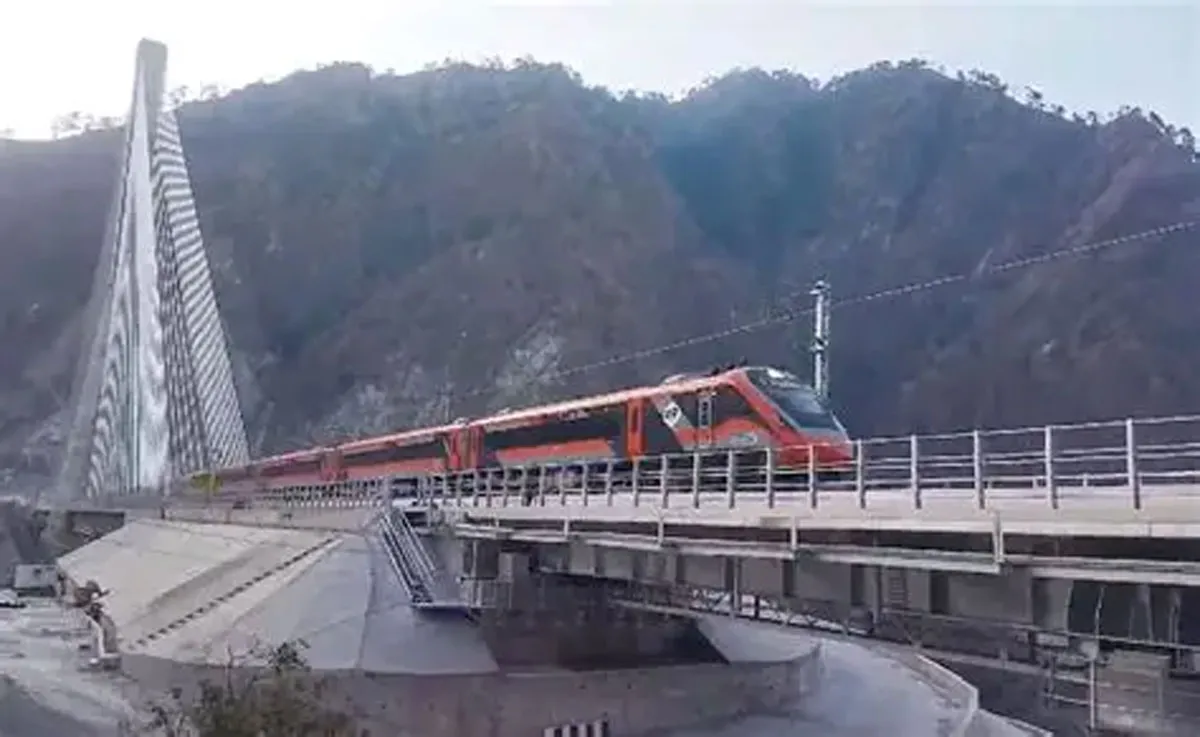The Export-Import (Exim) Bank of India is the premier export finance institution of the country that seeks to build value by integrating foreign trade and investment with the economic rise of India. With offices spread across the country and in select locations across the world, the bank aspires to boost the business of industries and SMEs. Shilpa Waghmare, General Manager, Exim Bank, shares moreonopportunities for Indian companies to do business abroad and the support extended by the bank with SHRIYAL SETHUMADHAVAN.
How do you view current overseas opportunities for Indian construction companies?
Opportunities exist for Indian construction companies in countries in the Middle East and Latin America as well as North America. Indian companies can look at projects and opportunities majorly in the power and infrastructure sectors. The African region as a whole also offers tremendous potential. Opportunities for partnering Africa in developing its infrastructure are enormous—over half of Africa’s recent improved growth performance was a consequence of investments in infrastructure development.
Please introduce us to Exim Bank’s role in financing, facilitating and promoting India’s international trade.
Exim Bank plays an important role in financing and facilitating Indian companies who are executing various projects in overseas countries. The bank supports Indian companies by way of various fund-based and non-fund-based facilities. Fund-based facilities include:
- Export project cashflow deficit finance (EPCDF) for funding cash-flow deficit arising during the execution of the contract/project, including retention money payable on deferred terms
- Supplier’s credit (SC) for funding deferred receivables from overseas contracts against letters of credit/bank guarantees/ECGC cover
- Capital equipment finance programme (CEFP) for funding capital expenditure for procurement of capital equipment to be utilised for various deemed exports/project export contracts.
- Non-fund-based facilities include bank guarantees (BG); bid bond guarantee/bid security guarantee/earnest money guarantee; performance guarantee; advance payment guarantee/mobilisation advance guarantee/material advance guarantee; retention money guarantee/security deposit guarantee; letter of credit (LC); import LC/foreign LC; and domestic LC/inland LC.
How do you view the success of your services, especially to the building, construction and infrastructure segments?
The bank has supported a number of Indian companies who have successfully executed and completed projects in the building, construction and infrastructure segments. Some examples include supporting Indian companies to execute the design, engineering, procurement and construction contract of a 50 MW (ac) photovoltaic solar electricity-generating project in Benban, Egypt, the construction contract for the port and infrastructure development of the Guinea Bauxite Export Project, construction of the 40-mld Al Madina Al Shamaliyasewage treatment plant for Ministry of Housing, Bahrain, and many more.
What role does the bank play in promoting cross-border trade and investment? What support do you extendbank to Indian companies looking at doing business abroad?
Exim Bank is fully owned by the Government of India. The bank provides financial and value-added services to Indian exporters. Assistance is given to export-oriented units (EOUs) by way of term loans in Indian rupees or foreign currencies to setup new production facilities, expand and modernise/upgrade existing facilities and acquire of production equipment or technology.
The bank lays special emphasis on extension of lines of credit to overseas entities, national governments, regional financial institutions and commercial banks. It extends buyers’ and suppliers’ credit to finance and promote India’s exports and has a programme called ‘Buyer’s Credit’ under National Export Insurance Account (NEIA) to facilitate medium and long-term exports from India. To promote hi-tech exports from India, the bank also has a lending programme to finance the R&D activities of EOUs.
Also, introduce us to your key products and services for SMEs in the building, construction and infrastructure segments.
The bank has a Marketing Advisory Services and Grassroots Initiative &Development programme, which has been assisting Indian companies in identification of prospective business partners, facilitating placement of orders and identification of opportunities to setup plants or projects or to acquire companies overseas. The bank also supports enterprises from the relatively disadvantaged sections of society while creating opportunities for traditional craftspersons and artisans and rural entrepreneurs.
Exim Bank supplements its financing programmes with a range of value-added services. The bank has a strong research team, which enables exporters to evaluate international risks, tap export opportunities and improve competitiveness, thereby helping them in their globalisation efforts. The bank has also been engaged in rendering assistance to a number of institutions in the developing world through advisory services leading to capability creation and capacity building.




















